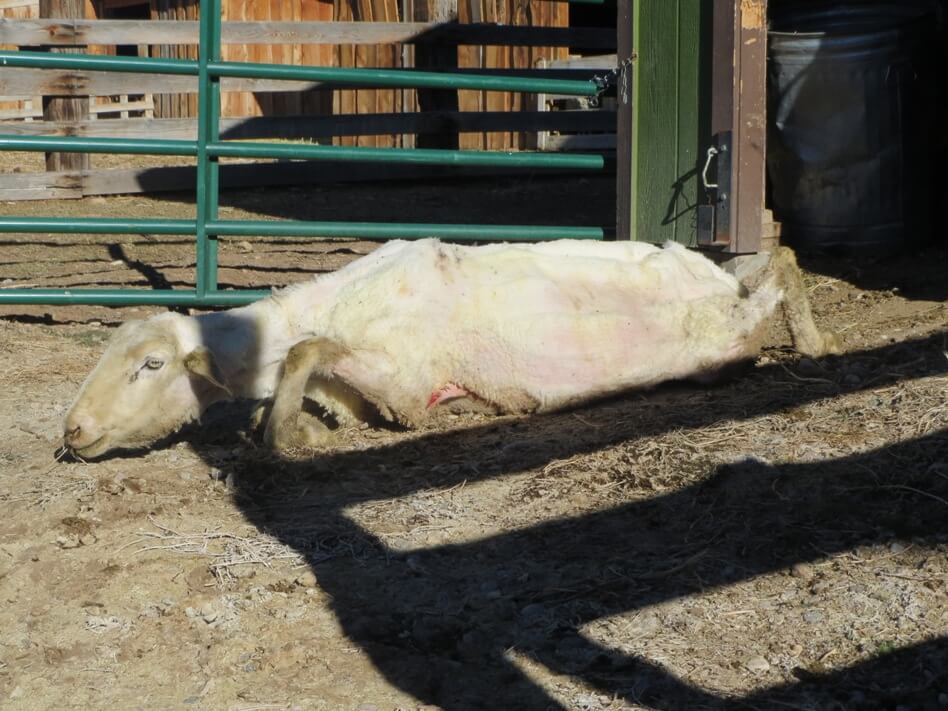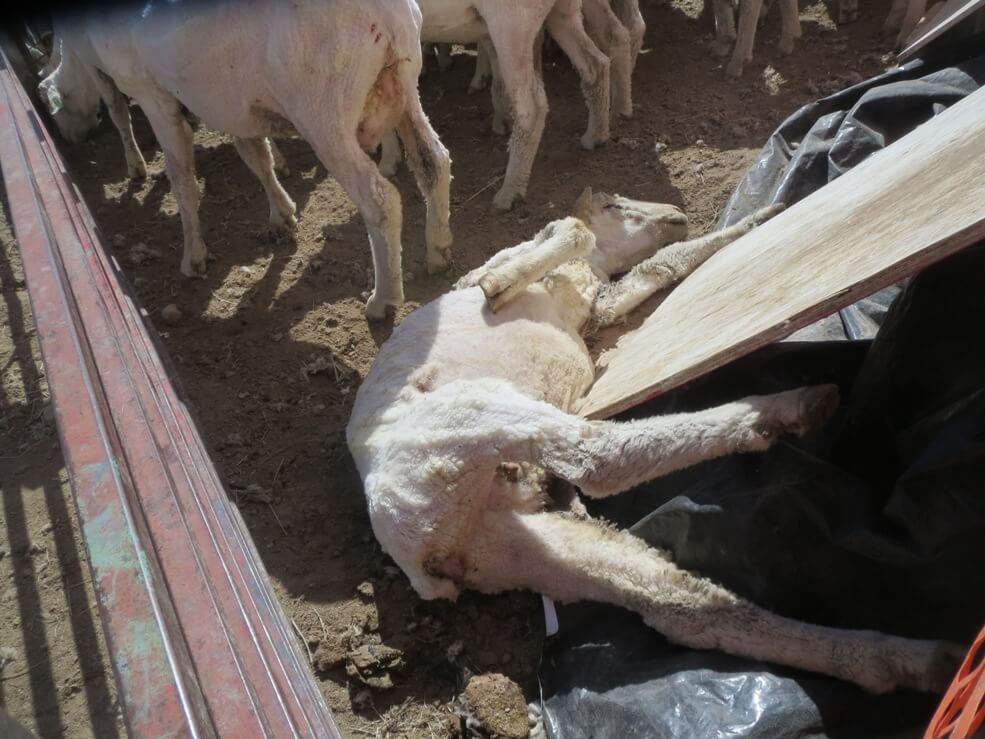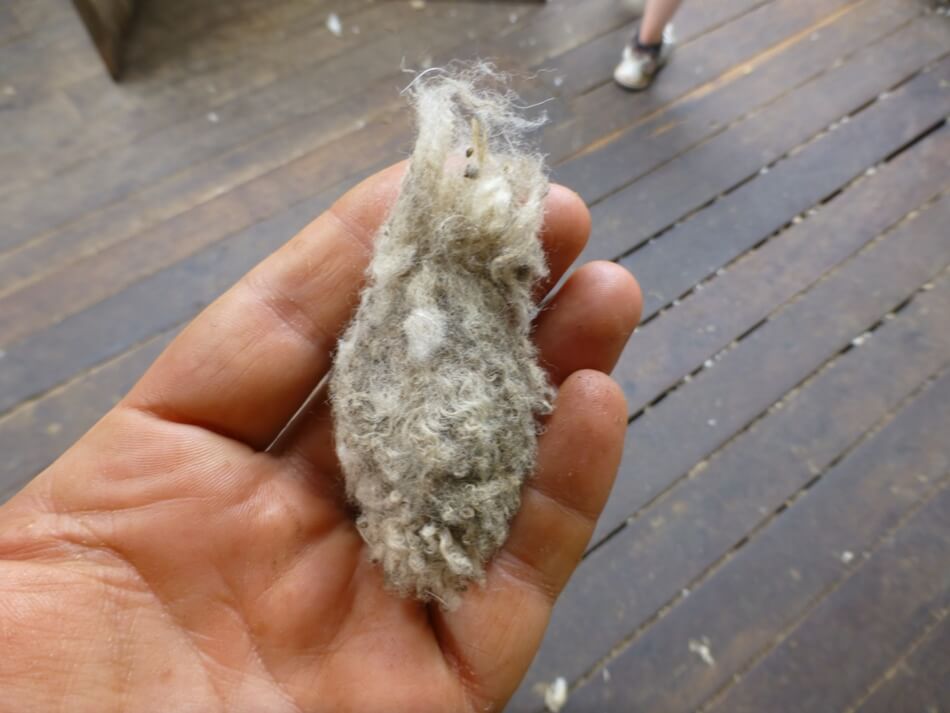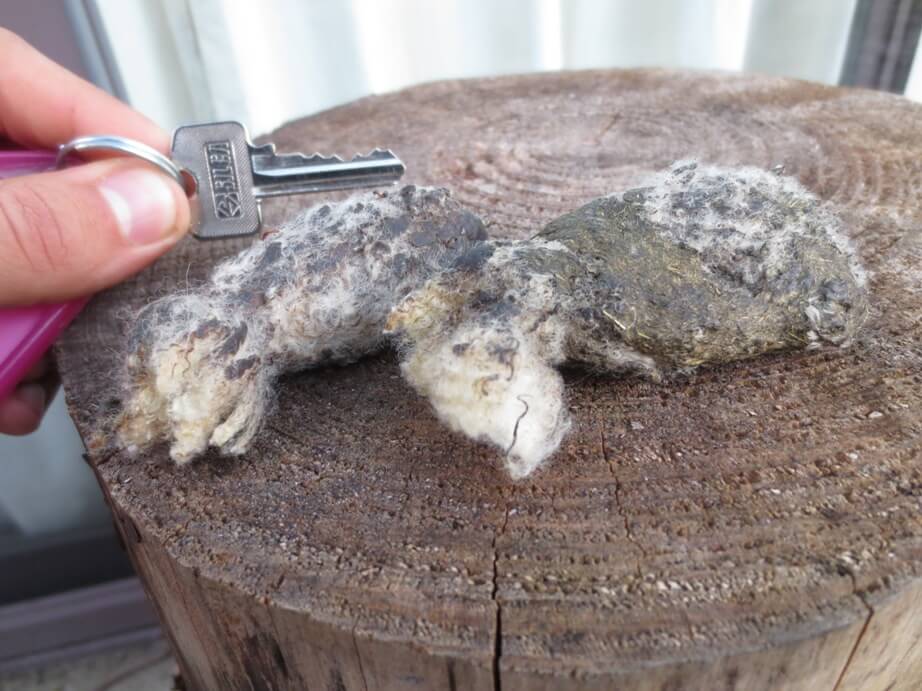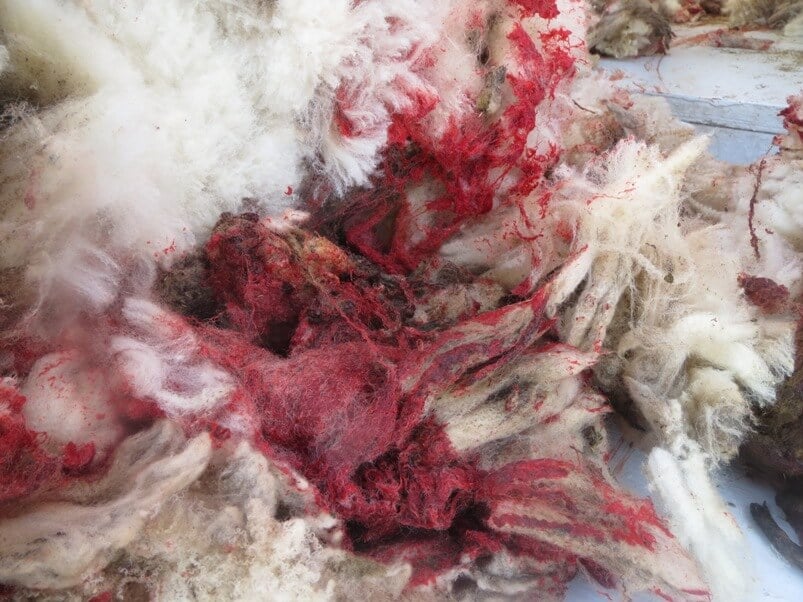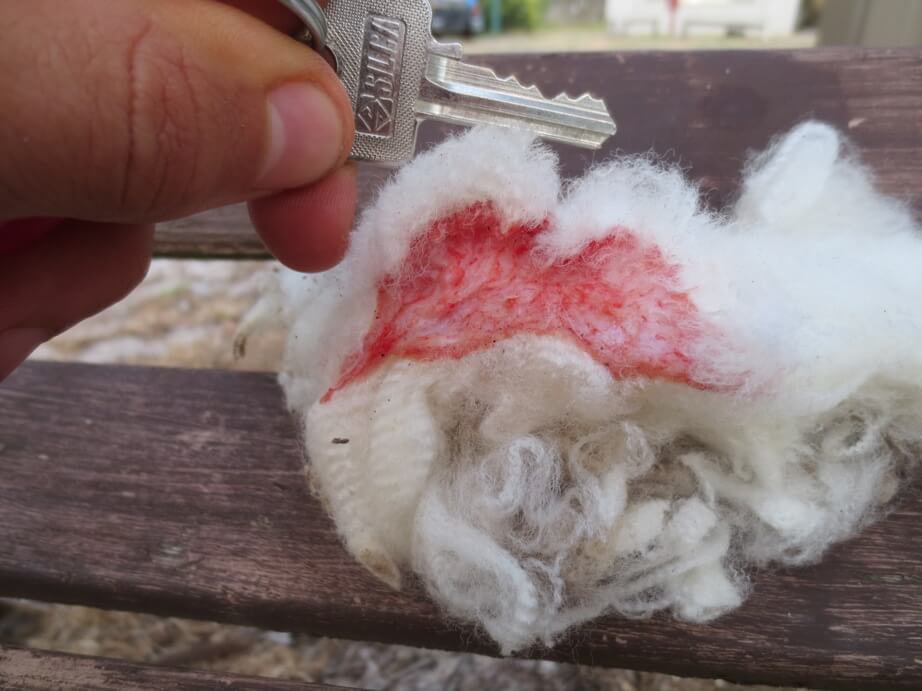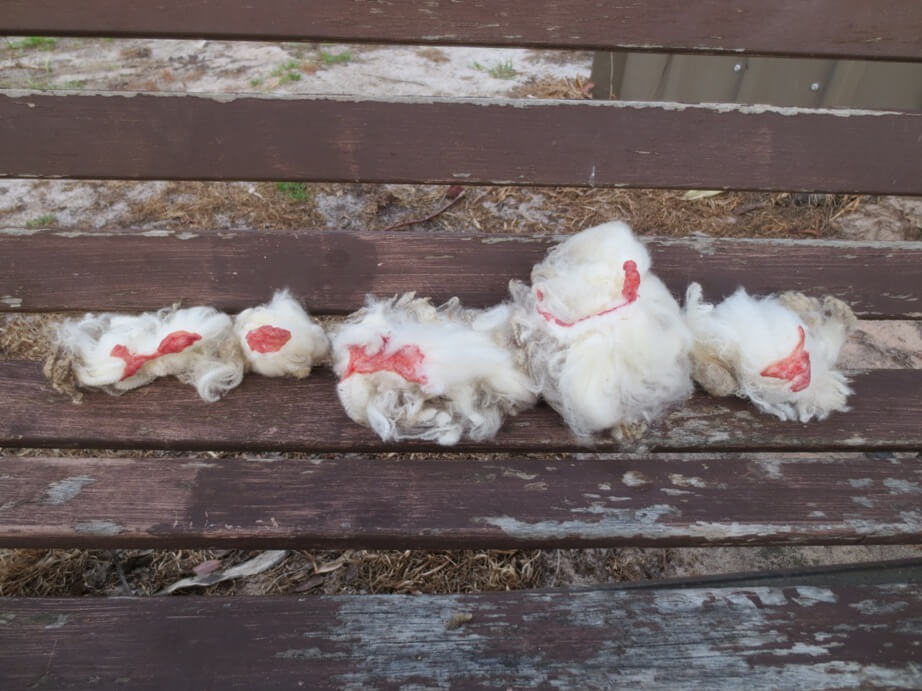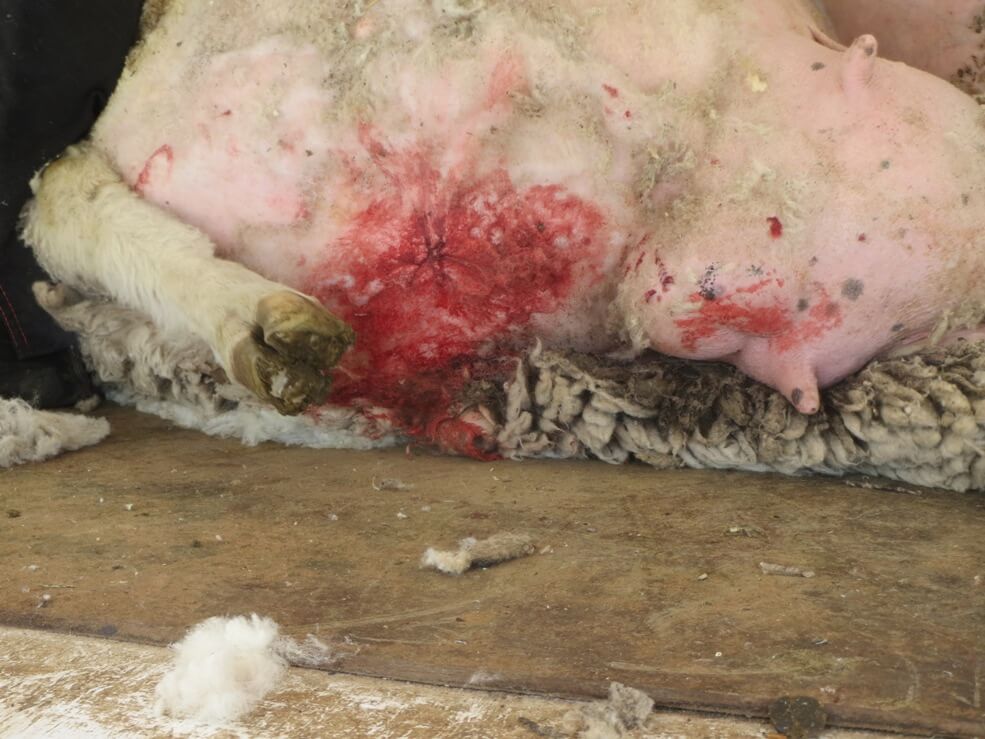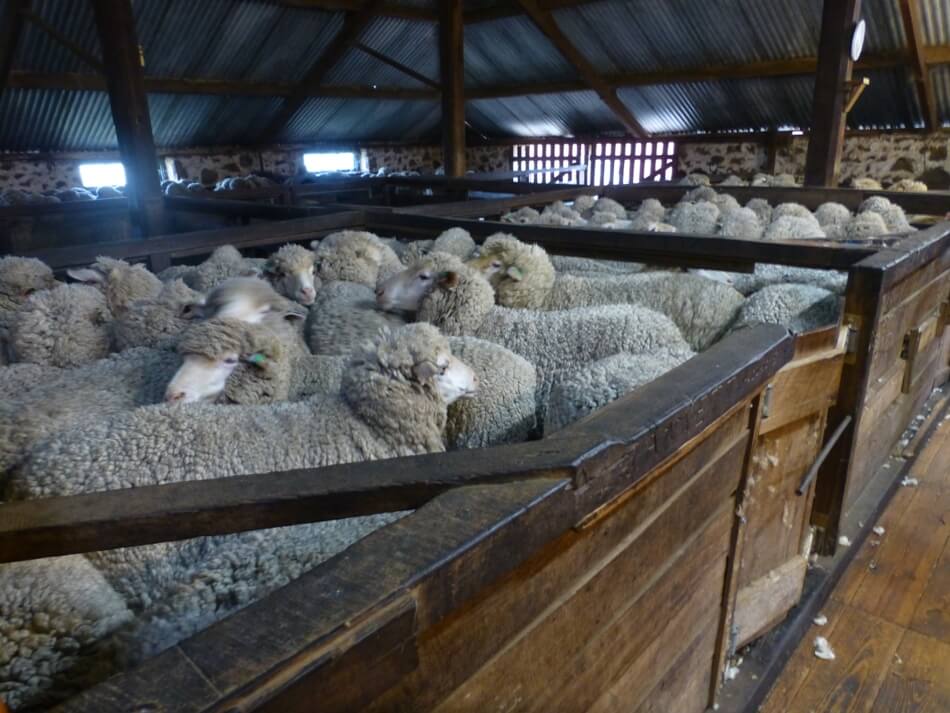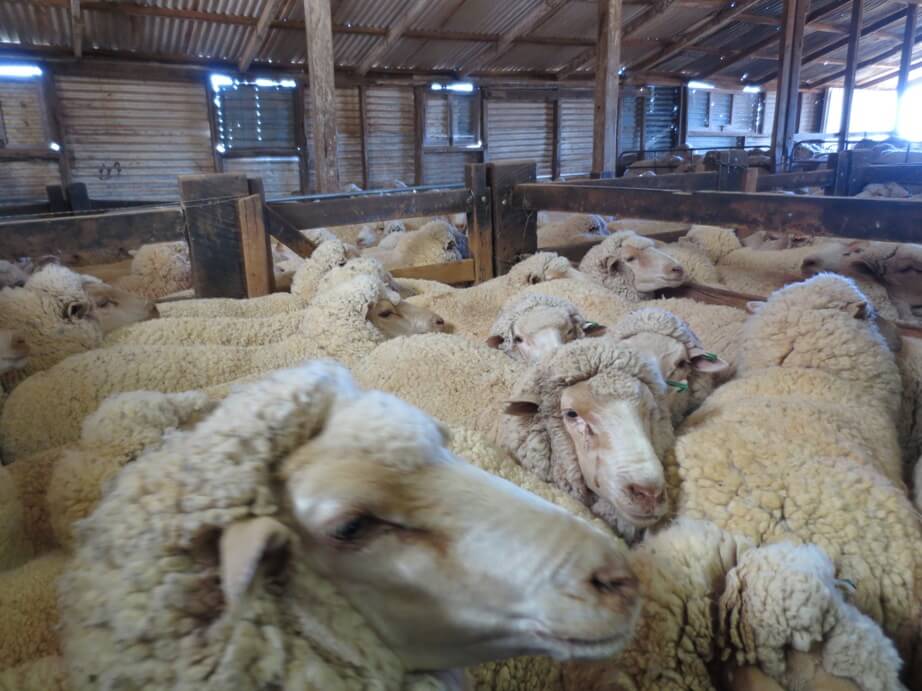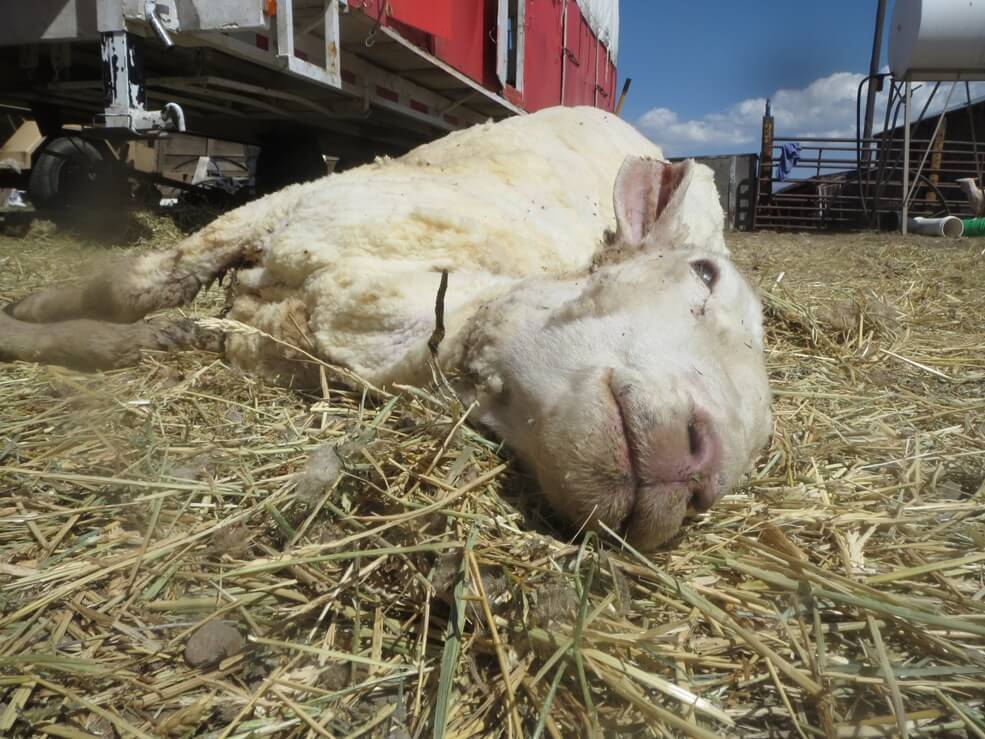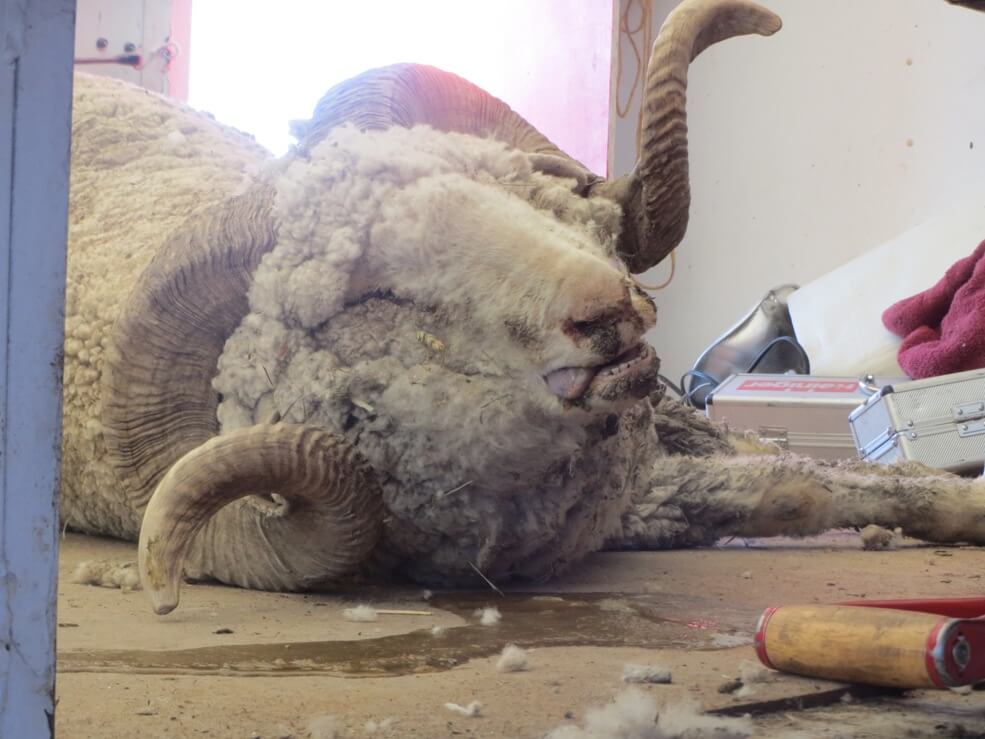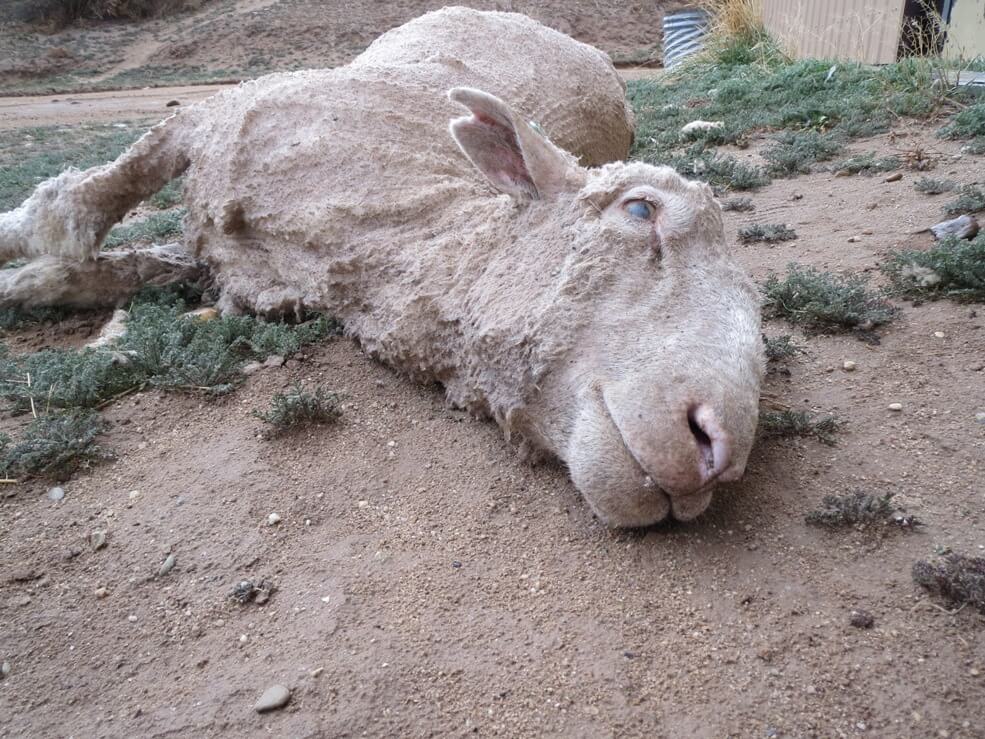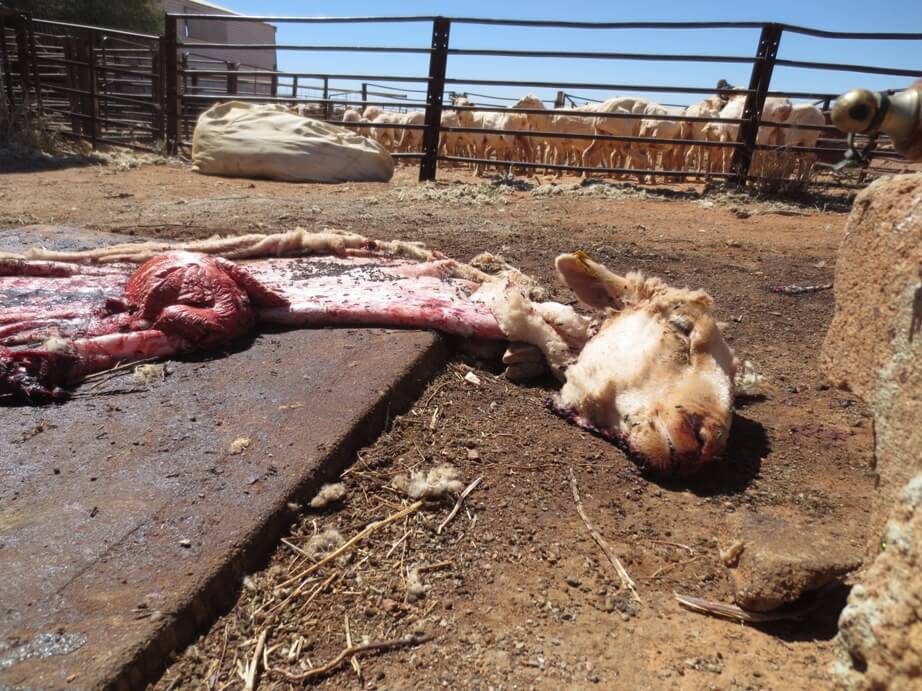International Exposé: Sheep Killed, Punched, Stomped on, and Cut for Wool
You’ve never seen anything like this before. These videos will make you think twice about buying that wool sweater or scarf.
Update: In August 2016, officials in Victoria charged a minimum of six shearers with at least 70 counts of cruelty to animals, the first-ever charges anywhere in the world against wool-industry workers for abusing sheep. In December 2016, the first defendant pleaded guilty and was banned from shearing or being in charge of farmed animals for two years. In February and March 2017, four more shearers pleaded guilty to more than 60 counts of cruelty. All were banned from shearing or being in charge of sheep for up to two years and fined up to $3,500. The sixth shearer was convicted of cruelty to animals in May 2017. He was banned from shearing or being in charge of sheep for six months and fined $2,000.
***
As first reported by NBC, disturbing PETA eyewitness investigations—the first of their kind—reveal that workers killed, beat, stomped on, kicked, mutilated, and threw sheep around as they sheared them in Australia, the world’s top wool exporter, and the U.S. Please, won’t you help these animals?
As you can see in this groundbreaking video footage, sheep shearers in Australia violently punched these gentle animals in the face and beat and jabbed them in the head with sharp metal clippers and even a hammer. These attacks often left the petrified sheep bleeding from their eyes, noses, and mouths.
It’s not better for sheep in the United States. One shearer repeatedly twisted and bent a sheep’s neck, breaking it. After the shearer kicked the sheep head-first down a chute, PETA’s investigator found her dead. The shearer bent, twisted, and bounced his bodyweight on dozens of sheep’s necks and forelimbs and poked his fingers into sheep’s eyes. See for yourself:
Paralyzed by Fear
PETA’s video exposé highlights just some of the cruelty observed in all 19 shearing sheds visited by investigators, who documented 70 workers employed by nine shearing contractors who abused sheep in Victoria and New South Wales—Australia’s top wool-producing states—and South Australia. Annually, these contractors’ workers may shear a total of more than 4 million sheep.
In the U.S., PETA’s investigator documented workers’ abuse and neglect of sheep at 14 ranches across Wyoming—the country’s second-leading wool producer—as well as Colorado and Nebraska. In 2013, 3.7 million sheep were shorn in the U.S.
Sheep are deprived of food and water before being sheared, in part so that they’ll feel weak and put up minimal resistance. As one shearer explained, “Imagine if someone attacked you after … you’d been starved for 24 hours—you wouldn’t have much of a fight.”
But when these prey animals panicked—terrified of being pinned down—the shearers stomped and stood on their heads and necks. Workers threw scared sheep around and slammed their heads and bodies against hard wooden floors.
Read updates on the cases here.
A Commodity and Nothing More
Shearers are often paid by volume, not by the hour, which encourages fast, violent work and can lead to severe cuts on sheep’s bodies—even on at least one sheep’s penis. Large swaths of skin were cut or ripped off the bodies of many sheep by the shearers.
When they’re first sheared—a highly stressful experience—lambs cry out loudly because, according to one worker, “they’ve been separated from their mums and they’re calling for them.… They’re going, ‘Mom! Mom!’”
When one lamb cried out during shearing, a worker yelled, “Pull it out! … [You’re] hurtin’ ‘er,” crudely joking that the shearer was raping the lamb. Workers called sheep “f***ing” and “God damn cunt[s]” and one rancher boasted that he had “the ‘all permission’ to pound the f*** out of” sheep. Another rancher said of one animal, “I want to choke that sheep. Cut her air supply off.”
One shearer even used a sheep’s body to wipe the sheep’s own urine off the hard wooden floor.
Systematic Suffering
Workers didn’t give sheep any painkillers before pushing needles through their flesh to try to sew up gaping, bloody wounds caused by shearing. The investigators never saw any veterinarian provide injured sheep with veterinary care.
A shearer cut off part of one sheep’s ear with no pain relief whatsoever. At another ranch, workers hauled a dying, lame ram—gasping for breath—into a trailer to be sheared. The ram was left overnight in the trailer, apparently without care, and found dead the next morning.
Farmers put tight rings on some lambs’ scrotums without anesthetics to castrate them. When their testicles didn’t fall off as expected, shearers just cut off the lambs’ scrotums and testicles with their clippers.
Injured and unprofitable sheep were shot to death in full view of other sheep and even butchered. Each year, millions of sheep—including those no longer wanted for their wool—are shipped from Australia to the Middle East and North Africa on severely crowded multitiered ships. Some die in transit, and those who survive the journey are slaughtered by having their throats cut while they’re still conscious.
